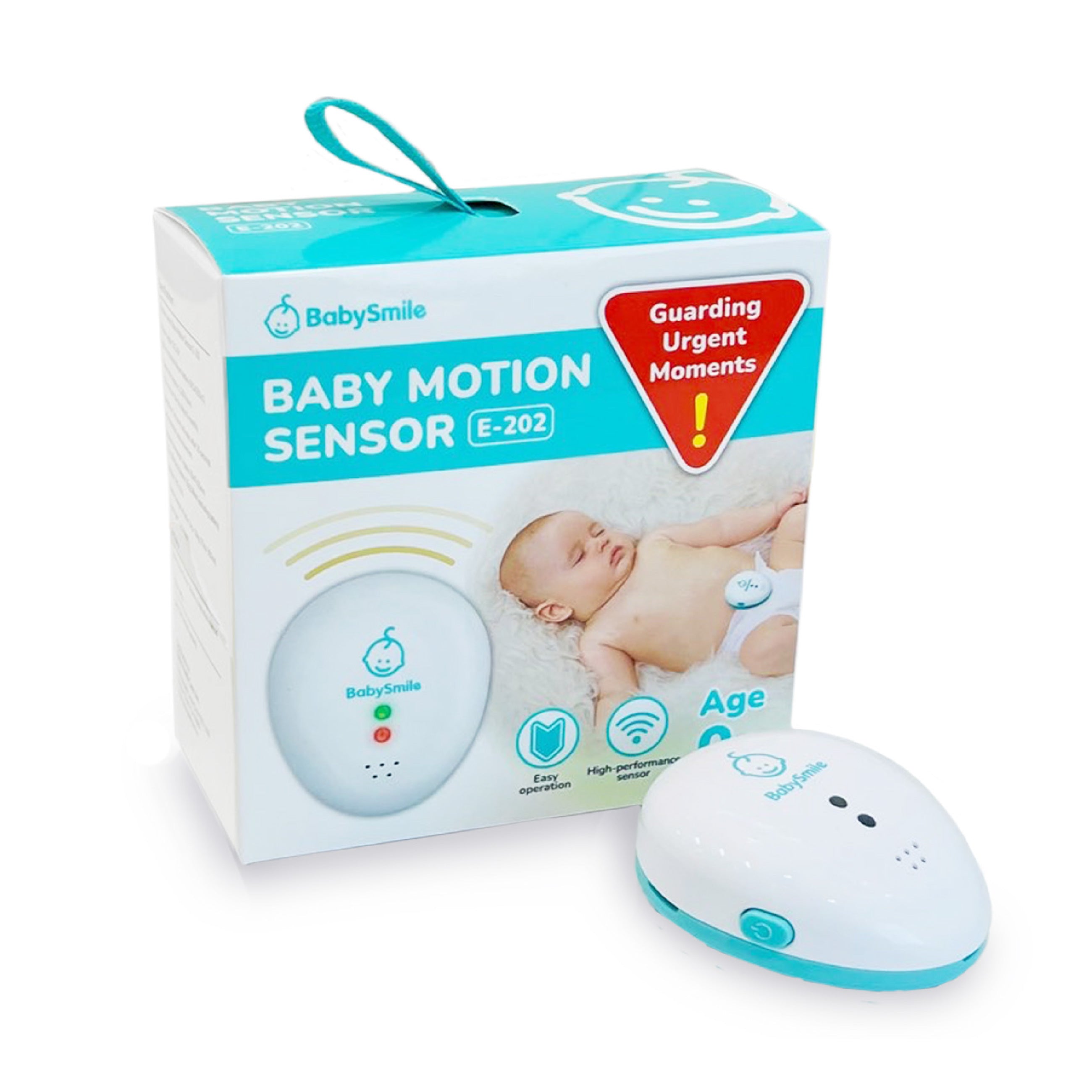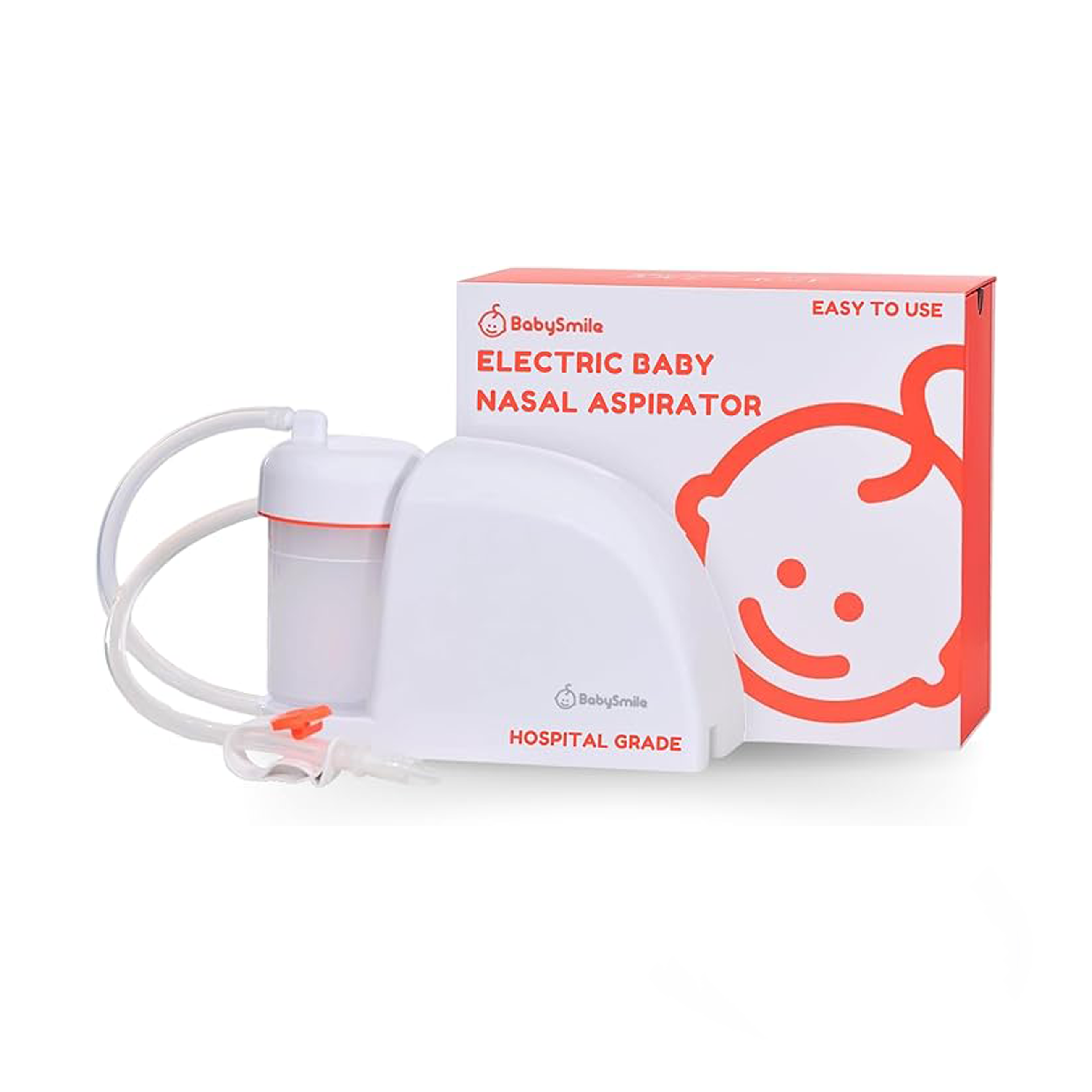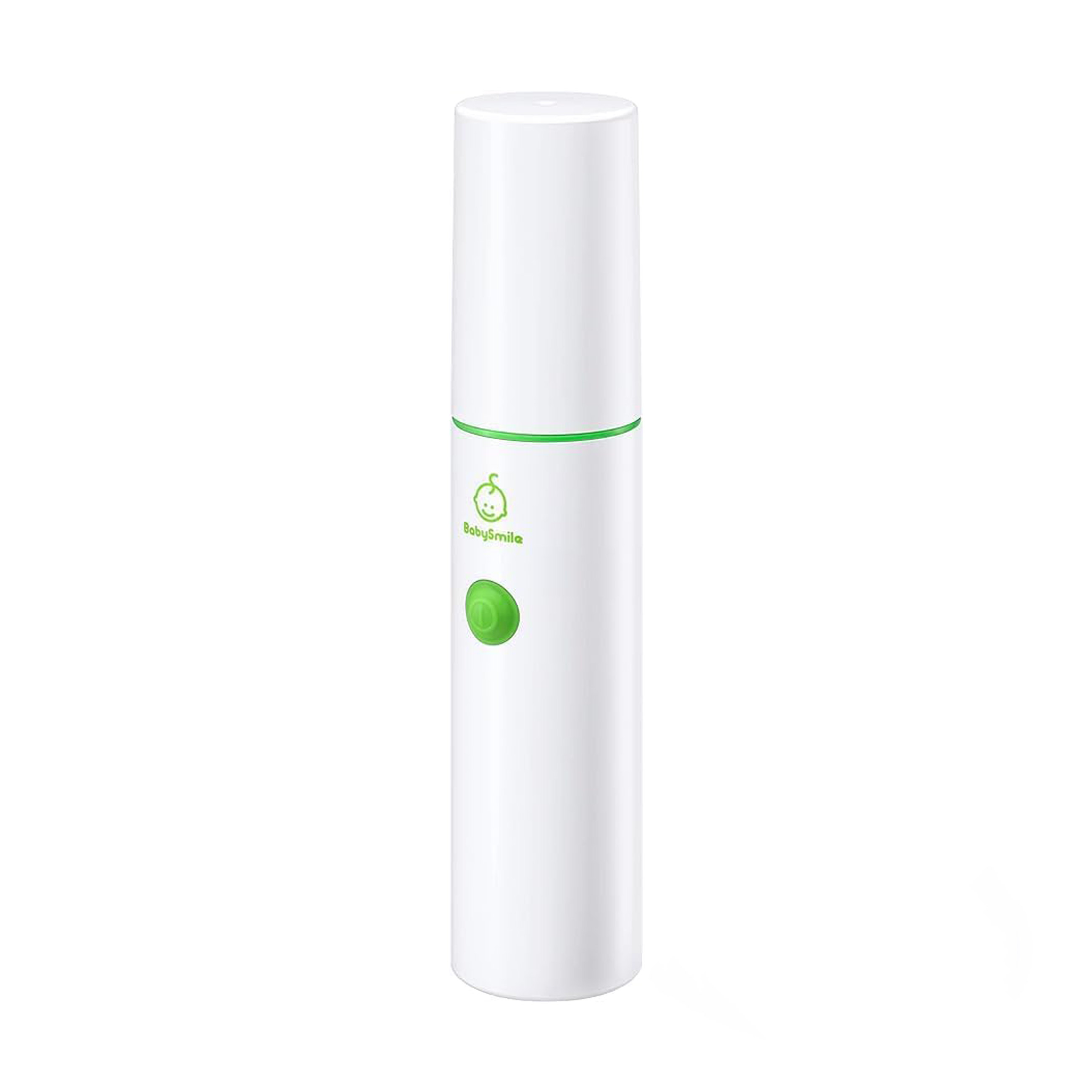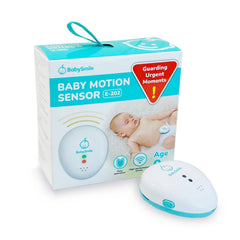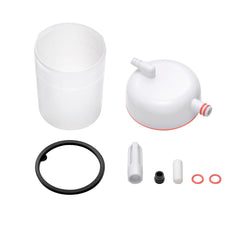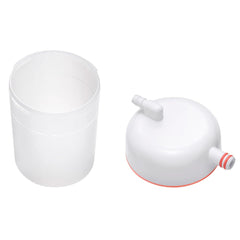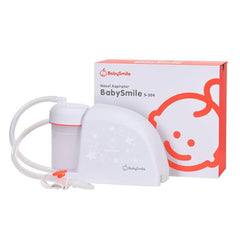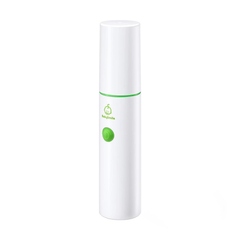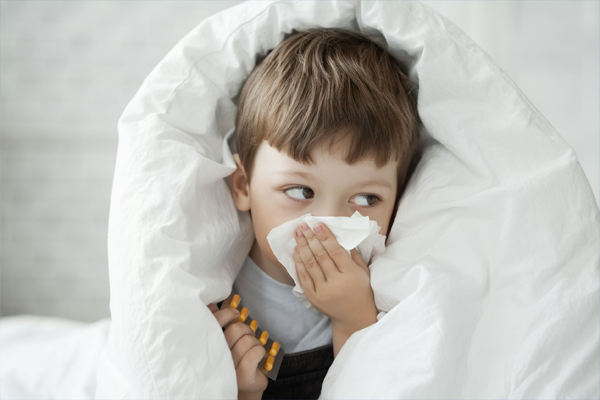Respiratory syncytial virus, commonly known as RSV, is an illness that frequently affects children under the age of 2. In fact, most children will have had RSV by their 2nd birthday. The virus causes an infection of the lungs and lower respiratory system. In healthy children, RSV is usually a mild illness; in premature babies or those with compromised immune systems or other health conditions, RSV can be a serious health threat. According to the CDC, nearly 60,000 children under the age of 5 are hospitalized each year due to RSV.
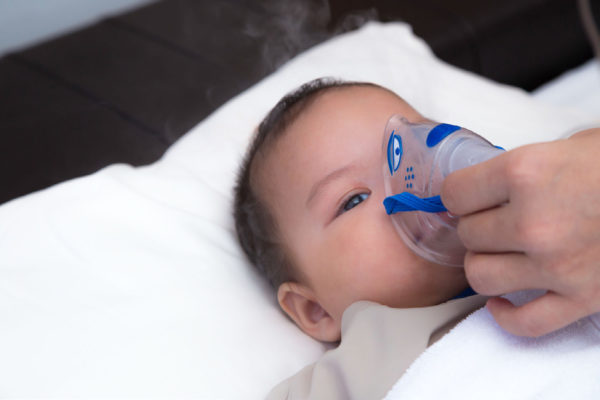
What are the Symptoms of RSV?
For most babies, symptoms are not unlike those of a cold. Infants may experience:
- Mild fever of less than 101°F,
- Runny nose,
- Cough,
- Sore throat,
- Poor appetite,
- Irritability.
In severe cases, babies might experience:
- A high fever of more than 103°F,
- Wheezing,
- Caving in of the chest between and under the ribs,
- Rapid breathing and shortness of breath,
- Cyanosis or a bluish tint to the skin due to lack of oxygen,
- Refusal to eat or drink,
- Sleep apnea.Runny nose,
Does My Baby Need to See a Doctor?
RSV is a virus and oral antibiotics are not effective treatment option. RSV is a rather long-lasting illness and some babies may still have symptoms two weeks later.
Doctors recommend supportive care at home for most babies with RSV.
Infants under 3 months old and those with medical conditions need to see a doctor early in the illness. For these children, RSV can lead to viral pneumonia or more severe respiratory conditions like bronchiolitis. A bronchodilator administered via a nebulizer may be prescribed to help babies breathe easier. In the most severe cases, hospitalization may be required where IV drugs and oxygen can be provided.
What are Home Remedies for RSV?
As with a cold, keeping your baby hydrated and comfortable are the best treatments for RSV. Offer plenty of fluids and make certain your baby is nursing adequately. If the number of wet diapers decreases, your baby may be at risk for dehydration. Try suctioning your baby’s nose before feedings to make nursing or bottle feeding easier. To relieve fever, over-the-counter acetaminophen or ibuprofen may help.
Can RSV Be Prevented?
RSV is highly contagious and is easily spread from person to person. Babies who spend time in day care are especially prone to contracting the virus. Don’t let babies share bottles, pacifiers or sippy cups with other children. Wash your hands and your
baby’s hands frequently. Use soap and wash for at least 20 seconds under running water.

